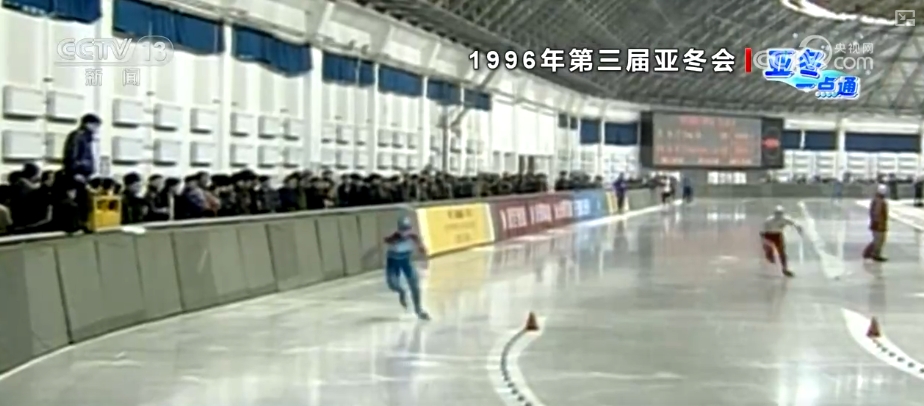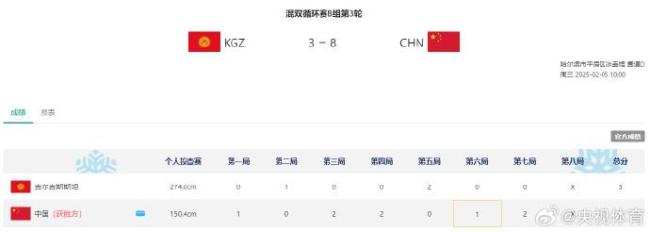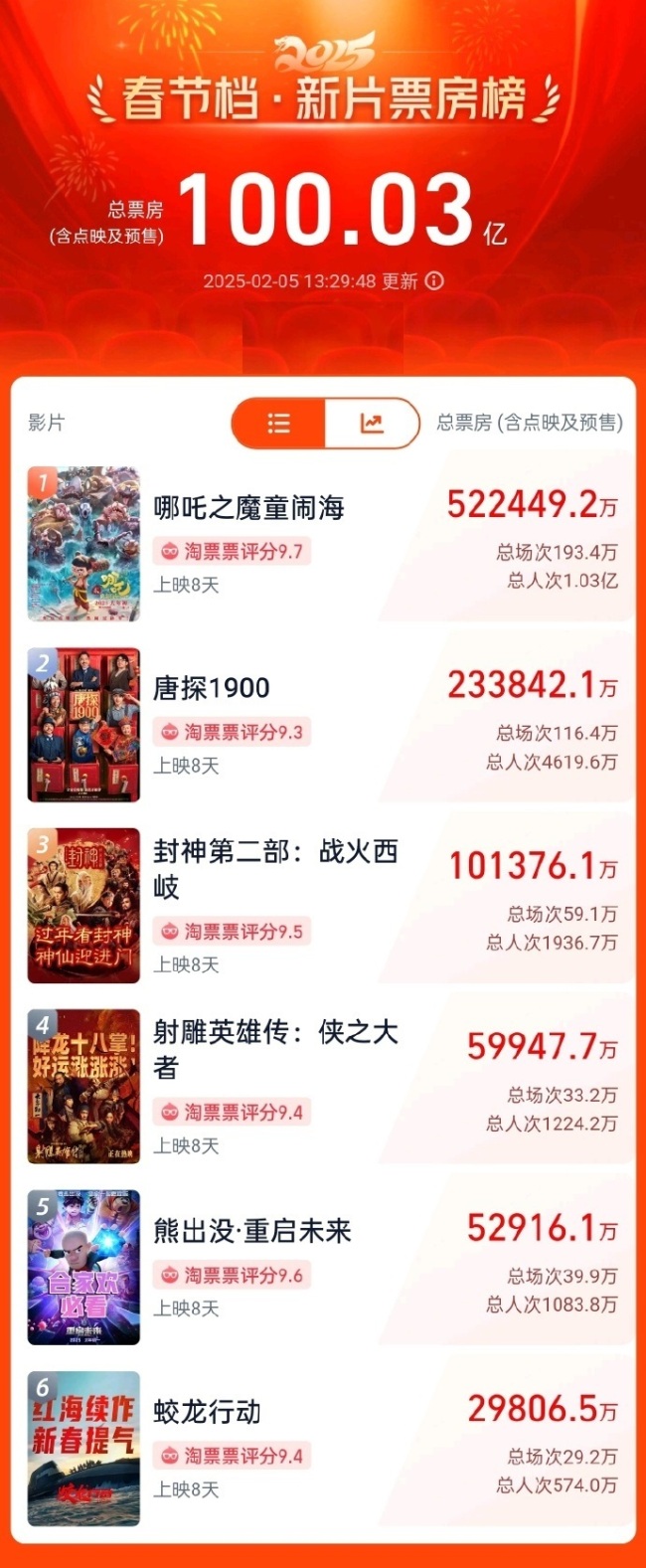On February 4, the State Council Tariff Commission announced that from February 10, 2025, tariffs will be imposed on some imported goods originating in the United States.
Master Tan believes that this action demonstrates China's position and attitude to firmly oppose the US unilateralism and hegemony, and firmly safeguard its legitimate rights and interests. At the same time, it also leaves enough means for both sides to negotiate and resolve the problem on the basis of equality and mutual respect.

A noteworthy detail is that this announcement from the State Council Tariff Commission was launched at 13:01 noon on February 4.
Early, US President Trump signed an executive order to impose a 10% tariff on goods imported from China. At 13:01 noon on February 4th, it was the time when the additional tariffs on China officially came into effect.
China also responded strongly to the US's actions at the first time with its actions against tariffs.
Ying Pinguang, a professor at the School of International Organizations of Shanghai University of International Business and Economics, also noticed the details of the time point. He believes that this reflects that China has made comprehensive and mature analysis of "Trump 2.0", so that it can counterattack in a timely and precise manner.
You should know that this time, the US imposed tariffs on China on the grounds of the so-called fentanyl issue. In recent years, the US has occasionally "blame" its own fentanyl abuse problem to China, thereby imposing sanctions on Chinese entities. In fact, the fundamental reason for the fentanyl crisis in the United States is its own serious abuse and ineffective supervision of fentanyl substances.
China is one of the countries with the strictest and most thoroughly implemented drug control policies in the world. China announced the formal listing of fentanyl substances in 2019, making it the first country in the world to take this measure. The US side itself admits that "since China listed fentanyl substances in 2019, there have been almost no fentanyl or fentanyl substances entering the United States from China."
This time, the US side has rehearsed again and linked the so-called fentanyl issue with the tariff issues that have nothing to do with it. The amateur and far-fetched approach shows that the US side wants to blame it and has no refusal to worry about it. China certainly firmly opposes this.
Faced with such actions by the US, China immediately responded with its actions against tariffs against the US, fully demonstrating China's position and attitude to firmly defend its legitimate rights and interests.
This action is tough enough.
Specifically, according to the announcement of the Tariff Commission of the State Council, China decided:
|||||||||||||||||||||||||||||||||||||||||||||||||||||||||||||||||||||||||||||||||||||||||||||||||||||||||||||||||||||||||||||||||||||||||||||||||||||||||||||||
One is precision.
The Lord Tan found a set of numbers:
According to estimates, China's coal imported from the United States in 2024 accounted for about 12.8% of the total U.S. coal exports to the United States.
Ying Pinguang said that crude oil, agricultural machinery, large-displacement cars, pickup trucks, etc. are all relatively advantageous industries of the United States. The imposition of tariffs will significantly reduce its competitiveness in China, and may force the United States to seek alternative export places.
Under the current world economic situation, this is undoubtedly unrealistic.
Fighting the snake and hitting seven inches is China's countermeasures to make the US feel pain.
In addition to precision, another feature of this action is to take into account the overall situation.
The US announced that it would impose a 10% tariff on all imported goods from China; while China announced that it would impose a 10% tariff on several specific goods from the US. Mr. Tan has just explained the effectiveness of China's countermeasures.
The Lord Tan believes that the reason why he did not take the same measures as the United States is the difference between China and the United States - China is a staunch defender of the multilateral trading system.
Ying Pinguang said that there is no bottom line for imposing tariffs. As a major trading country, if China raises tariffs on the United States too high, it will have an impact on the stability of the global industrial chain and supply chain, which is something China does not want to see. Therefore, 10% or 15% essentially reflects China's overall consideration of the overall situation.
But at the same time, the extent of imposing tariffs on the United States this time also means that if the United States insists on its own and still goes further and further on the wrong path, then China still has enough room to counter and crack down on it.
Cui Fan, professor at the School of International Economics and Trade of the University of International Business and Economics, told Tan Zhu that in the future, the Chinese government may also dynamically adjust relevant countermeasures based on further measures from the United States.
Master Tan believes that China's attitude in this operation is very clear:
The US wants to fight, and we will accompany you to the end.
Of course, if we want to talk, China's door is also open. There is no winner in the trade war, and China has always insisted on resolving the problem through consultation.
China has always believed that China and the United States should respect each other, live peacefully and cooperate with each other.
The essence of Sino-US economic and trade relations is mutual benefit and win-win results, and confrontation and conflict should not be our choice.
Learning from the past, the leader of the future, what the US side needs to consider is not to fall twice in one pit.




